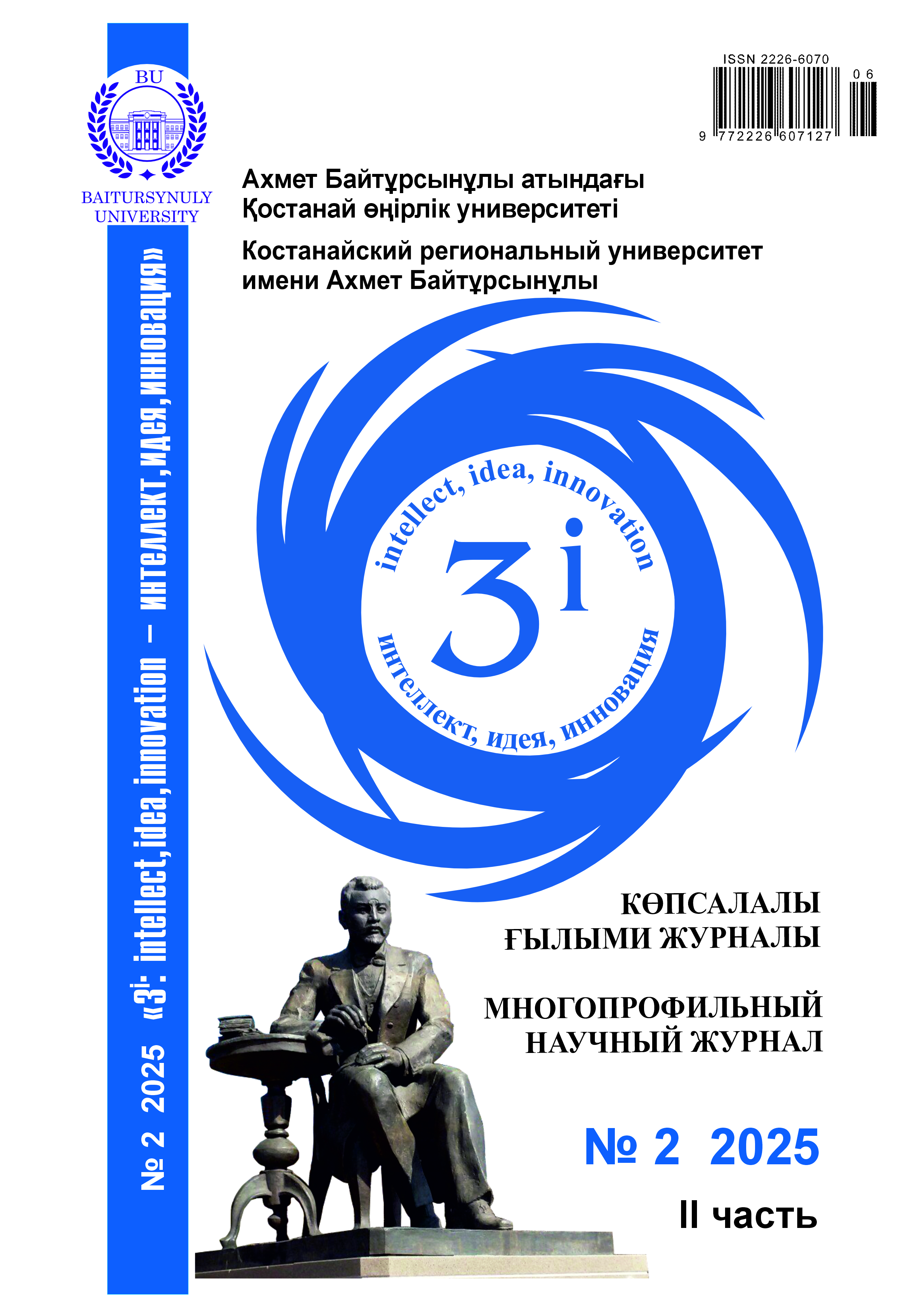НОВАЯ АКАДЕМИЧЕСКАЯ КУЛЬТУРА УНИВЕРСИТЕТА
DOI:
https://doi.org/10.52269/RWEP252228Ключевые слова:
болонская реформа, культура университета, академические ценности, коммерциализация, экономика знанийАннотация
В статье рассматривается понятие и особенности новой академической культуры университета в условиях современных изменений в образовательной среде. Академическая культура – это совокупность норм, ценностей, традиций, стандартов поведения и взаимодействия в учебном процессе, которые формируют уникальную атмосферу в образовательном учреждении. В условиях глобализации, цифровизации образования и социальных изменений университеты вынуждены адаптировать свою академическую культуру, чтобы эффективно интегрировать инновационные подходы, новые технологии и методы преподавания. В рамках исследования выделяются ключевые компоненты новой академической культуры: открытость и доступность образовательных ресурсов, развитие критического и креативного мышления студентов, поддержка научной и исследовательской деятельности, а также внедрение гибких форм обучения. Акцент делается на важности формирования у студентов навыков самостоятельного обучения, активного участия в научных исследованиях и совместной работе с преподавателями и коллегами. Статья также подчеркивает роль университетов в воспитании будущих специалистов, способных эффективно работать в условиях быстро меняющегося мира, где важны не только знания, но и умения адаптироваться к новым вызовам, работать в команде и участвовать в международной научной и культурной жизни. Особое внимание уделяется роли университетской среды как пространства для развития личностных и профессиональных компетенций студентов. Таким образом, новая академическая культура университета представляет собой систему, которая ориентирована на инновации, сотрудничество и постоянное совершенствование, создавая базу для развития будущего общества через образовательные и научные достижения.




